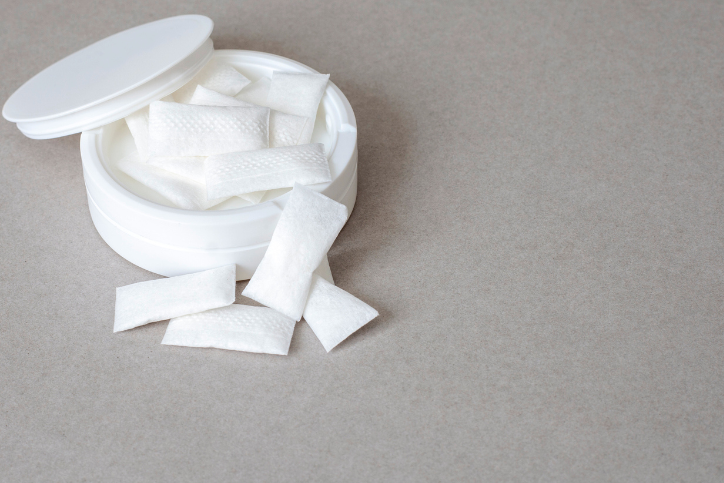From college campuses to coffee breaks, nicotine pouches are quickly becoming a trend everyone’s talking about.
Mushroom Edible Products

Mushroom edible products are gaining popularity for their “natural” appeal and health claims. Hidden within this trend are serious risks that consumers need to understand before taking a bite or sip.
What You Should Know About Sunscreen
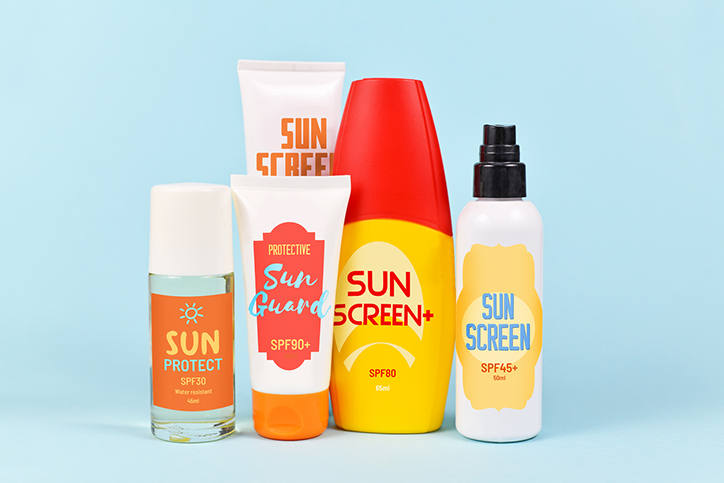
Sunscreen helps prevent sunburn and premature skin aging, and it reduces the risk of skin cancer by blocking or absorbing harmful ultraviolet rays.
St. John’s Wort
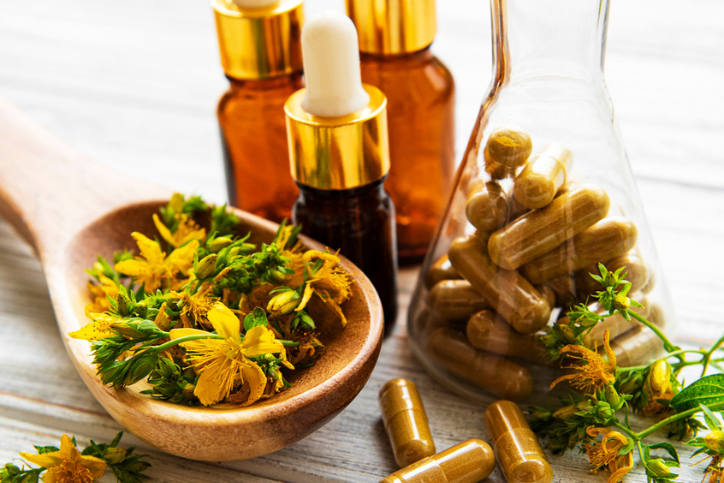
St. John’s Wort is an herbal supplement made from the yellow flowers and leaves of the shrub Hypericum perforatum. It is widely used to relieve symptoms from depression, anxiety, sleep disorders, menopause, and more.
Spring Cleaning
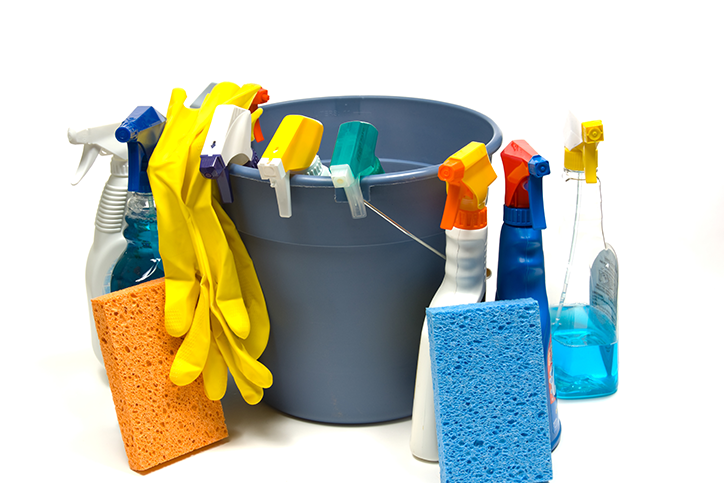
Let’s spring into cleaning safely—because sparkling countertops are great, but accidental poisonings are not!
Poison Help for Older Adults

Older adults do not need the services of the Maryland Poison Center, right? Wrong!
A Wrapped Gift – Holiday Poison Safety

As we quickly approach the holiday season, we’d like to take a moment to share something with you – a wrapped gift of all the resources we have created over the years to ensure you and your family have a poison-safe holiday season!
Gummies: Sweet but Potentially Dangerous

If you take a stroll down the vitamin aisle at your local store, chances are you’ll be able to find the vitamin you’re looking for in gummy form!
What You Should Know About Antidepressants
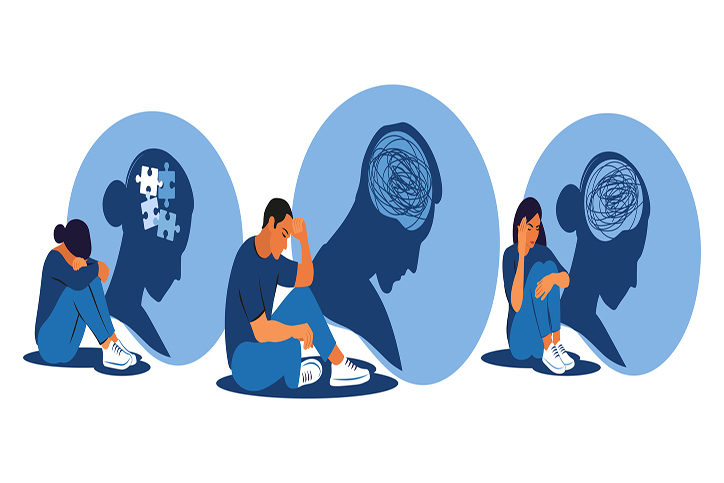
Antidepressants are medicines that are prescribed to treat symptoms of depression, anxiety, and other mental health conditions. Sometimes they are prescribed for other conditions such as chronic pain, sleeping disorders, and migraine.
What You Should Know About Semaglutide

If you have watched or read the news within the past few months, chances are you’ve heard about semaglutide, commonly known by brand names such as Ozempic, Wegovy, and Rybelsus. It’s a common topic in the news and on social media, promoted for its benefits and its use becoming increasingly popular.

